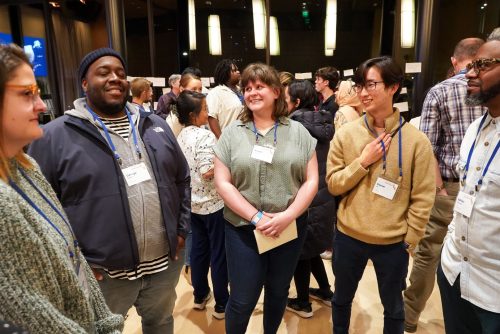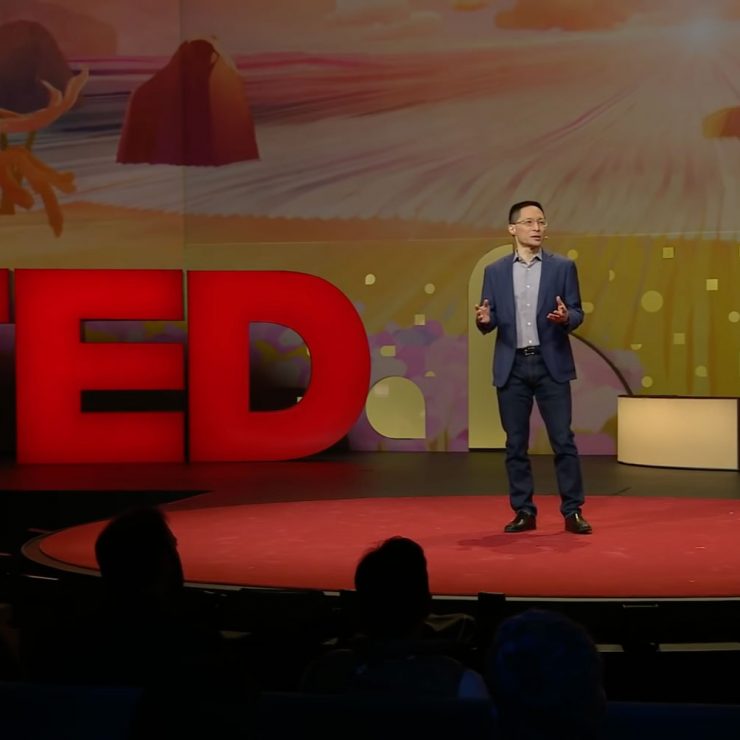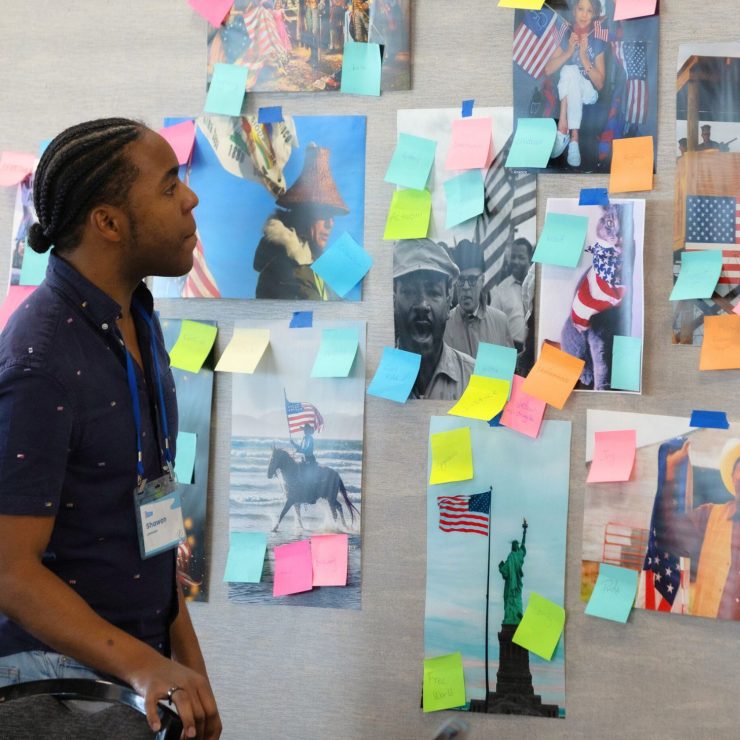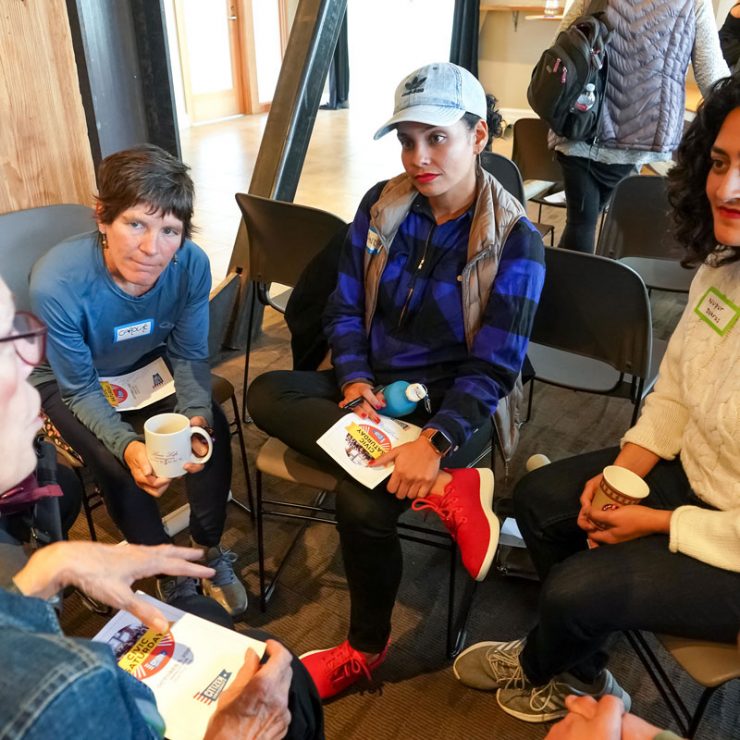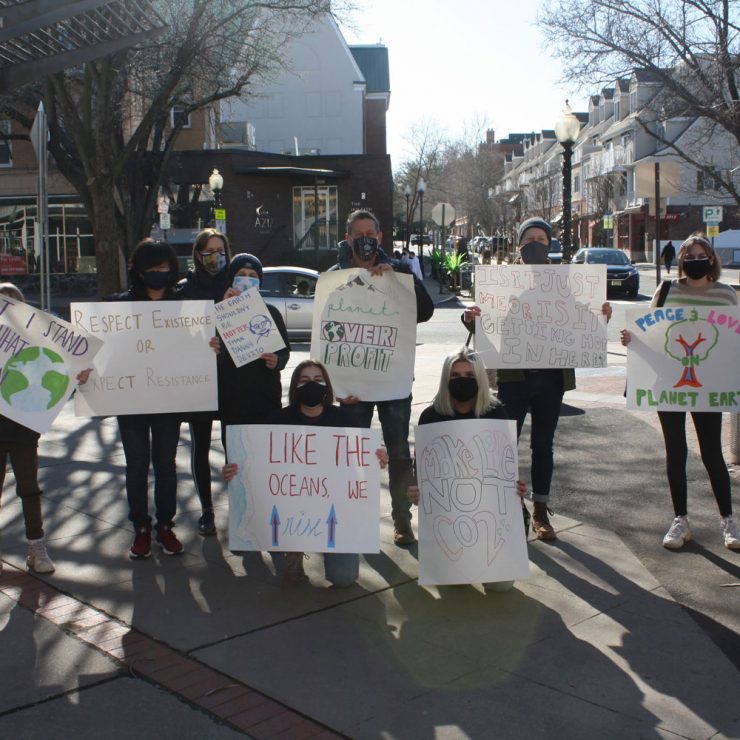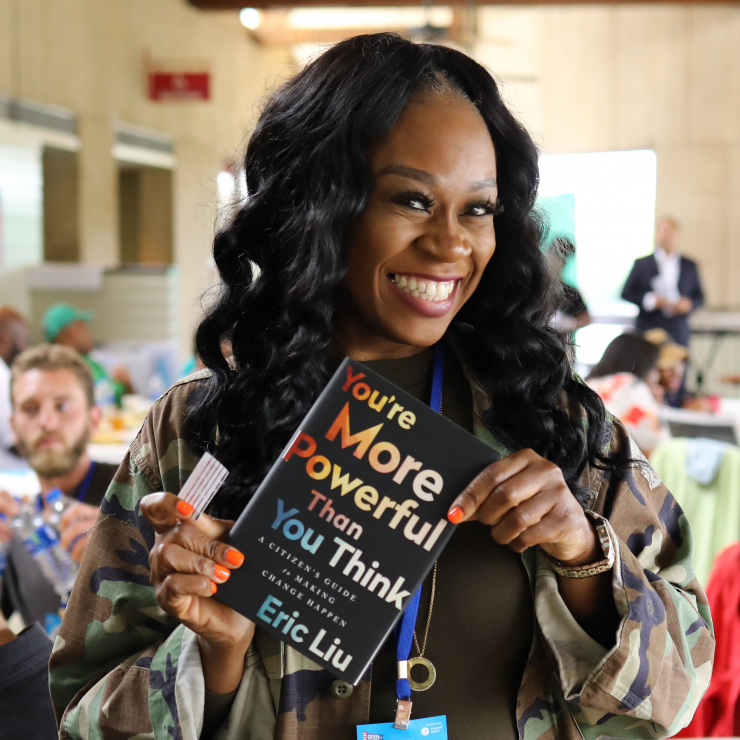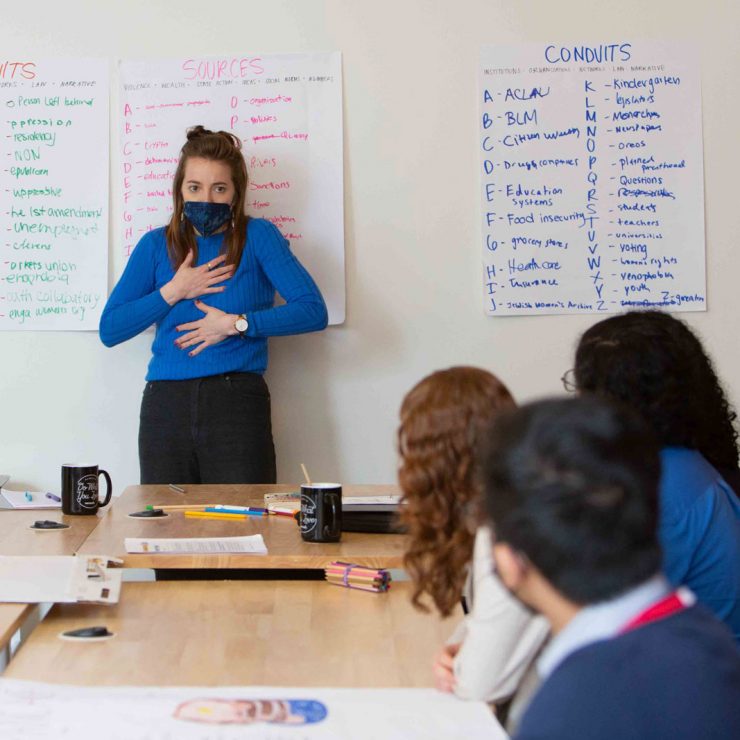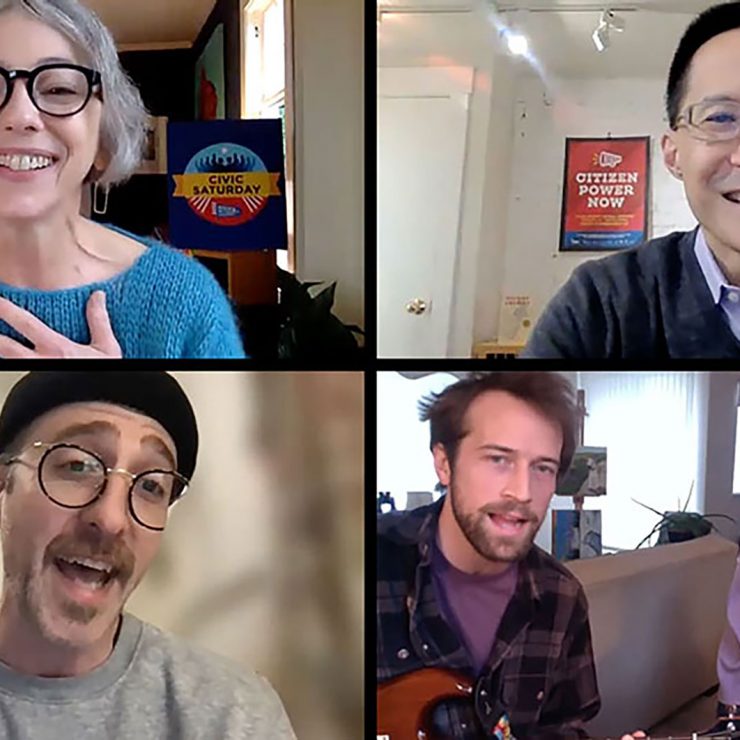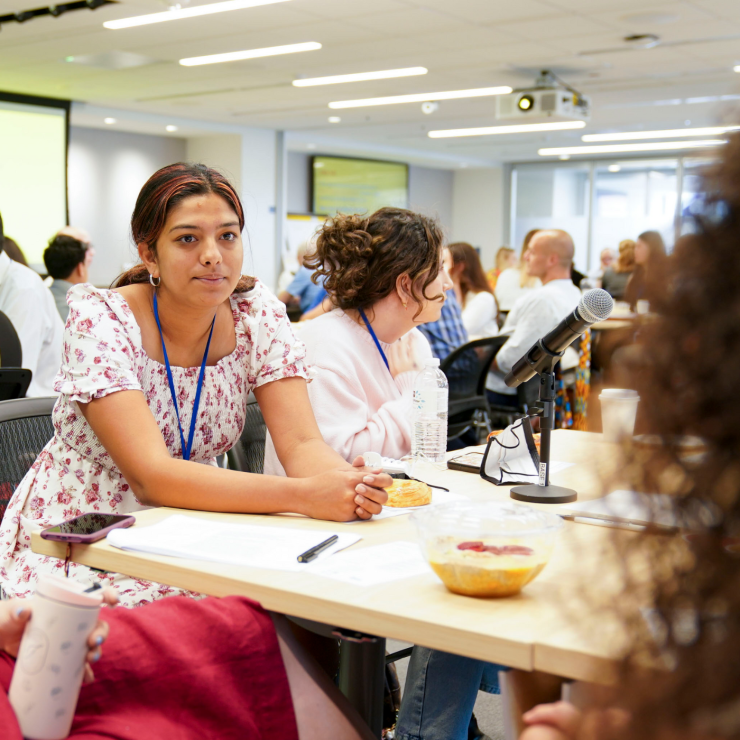The torrent of actions from the new administration is designed to put maximum strain on our institutions, our capacity for attention, and the rule of law itself. The barrage has led many citizens to feel like spectators or subjects — even people who support the administration’s policy goals. Every day I am asked by Americans of all backgrounds what they can do, how not to get overwhelmed, how to get involved, where to start.
Out of these conversations, I’ve come to a framework for how to approach these times that I call the Five P’s.
Patterns.
Read or watch enough news or social media to get a feel for the patterns of what is happening. Then stop. Look away. The key in a time like this is not to fall too deep into the details if your work and life do not require you to. And if they do require you to keep fixating on the chaos, keep exercising the part of your mind and heart that can zoom out and see patterns so that you aren’t consumed by the tactical onslaught.
Perspective.
After you stop and look away, look at something that gives you perspective. That can be historical perspective, which shows us in different ways that the United States has been here before and how citizens like you navigated then. It can be spiritual perspective, artistic perspective. It can be stepping into nature and regaining a sense of awe at the larger scheme of things. The key in a time like this is to be able to place things in proportion, morally and factually. If everything is a coup, nothing is; if everything is the end of the republic, nothing is.
People.
Then go be with people. In real life. See them, read their faces, do things together. Mix your activities between some with people you already know and some where you will meet more people. The key in a time like this is not to be alone, and to keep exercising the muscles of association and joining — which are muscles of give and take, of reading other human faces and bodies, of accommodating and noticing your own tendencies and how they might not be helpful.
Place.
Being with others, and participating in collective activities, is about the face to face interaction. But what it is really about is place. We need to pay attention to the places where we live, work, play, worship, and join with others. Those who want to stifle liberal democracy succeed when everything is nationalized and all local nuance and complexity are erased. The key in a time like this is to remember that “the soul of America” exists only to the extent there is a living vibrant soul of Fresno, a soul of Muskogee, a soul of Missoula, a soul of Tallahassee.
Power.
Learn about civic power. Learn about why the Constitution separated powers and starts with a premise of government of limited enumerated powers. Learn about how citizens have used forms of power beyond law to change society. Then practice power yourself. Would-be authoritarians count on the people forgetting how to practice power at a local and human scale. They want us to forget how to form and join clubs, how to dissent, how to organize neighbors, how to listen to the skeptical or the fearful, how to act together. Doing that where you live prepares you better for crises at a national scale than simply reading about those national crises.
Want to go deeper? On Slate’s How To! podcast, Eric recently had a conversation with a stay-at-home mom from the Midwest named Connie who’s never been involved civically before and wants to know how to take the first step in citizen power. Listen or read the transcript.
